Walking into a first psychiatrist appointment often feels a lot like stepping onto a stage you’ve never performed on before. Your heart might be racing, your mind is full of “what‑ifs,” and you’re wondering whether you’ll say the right thing. The good news? The appointment is really just a conversation—a focused, caring conversation designed to help you feel better. Below, I’ll walk you through everything you can expect, how to prepare, the questions you might want to ask, and the steps you’ll take afterward. Think of it as a friendly cheat‑sheet that turns anxiety into confidence.
Prepare & Pack
What paperwork should you bring?
Imagine trying to bake a cake without a recipe—painful, right? The same goes for a psychiatry visit. Having the right documents on hand lets the doctor see the whole picture without spending extra time searching for missing pieces.
- Insurance card and a photo ID.
- A list of every medication you’re currently taking (including over‑the‑counter supplements).
- Any previous psychiatric records or medication lists. If you’ve been to another psychiatrist, ask that office to send a copy ahead of time.
- A short “symptom diary” from the past week—notes on mood swings, sleep patterns, or any thoughts that felt out of the ordinary.
- A list of questions you’d like to ask (more on that later).
According to a practicing psychiatrist on YourHealthInMind, patients who bring a simple note‑taking sheet feel far less pressured during the session.
Should you bring a support person?
Having a trusted friend or family member sit with you can be a game‑changer. They can help you remember details you might forget when you’re “on the spot.” However, if you feel the conversation is deeply personal, it’s perfectly okay to go solo. Many clinicians ask you ahead of time how you’d prefer to proceed, so you’re never forced into an uncomfortable situation.
Calming nerves before the door
Here’s a quick trick I use whenever I’m nervous: the 4‑4‑4 breathing method. Inhale for 4 seconds, hold for 4, exhale for 4. Do it three times while visualizing the waiting room as a cozy coffee shop. It reduces adrenaline and makes you feel grounded—perfect for stepping into that first appointment.
| Preparation Item | Why It Helps |
|---|---|
| Insurance card & ID | Quick billing, no delays |
| Medication list | Prevents harmful drug interactions |
| Symptom diary | Gives concrete examples for the doctor |
| Question list | Ensures you don’t forget anything important |
Inside the Appointment
How long does it usually last?
Most first visits run about 45 to 60 minutes. That’s enough time for the psychiatrist to get a solid sense of where you’re at, without feeling rushed. If you need more time, you can always schedule a follow‑up.
Typical questions you’ll hear
Expect a series of open‑ended prompts. The doctor isn’t testing you; they’re gathering data. Common phrases include:
- “What brings you in today?”
- “Can you describe the thoughts or feelings that have been bothering you?”
- “Do you have any family history of mental‑health issues?”
- “What have you tried before (meds, therapy, self‑help strategies)?”
As Healthline notes, these questions help the clinician piece together a diagnostic puzzle quickly.
Will you get a diagnosis right away?
Not always. Some conditions (like major depressive disorder) can be diagnosed in a single session, while others (like bipolar disorder) may require observation over several weeks. The key is honesty—share what you feel, even if it seems “minor” or “unusual.” The psychiatrist needs the full picture to recommend the right treatment.
Medication, therapy, or both?
After the assessment, the clinician will outline a preliminary plan. This could include medication, a referral to a therapist for a first therapy session, lifestyle tweaks (sleep, exercise, nutrition), or a combination of all three. Collaborative goal‑setting is the norm; you’ll be asked what feels realistic for you.
Ask the Right Questions
Think of the appointment as a partnership. The more you ask, the clearer the road ahead becomes. Here are a handful of questions that often unlock useful information.
When is the next appointment?
Knowing the follow‑up schedule helps you stay accountable. A typical timeline is a check‑in after 2–4 weeks if medication is started, or a sooner visit if you’re experiencing side effects.
What medication options exist for my symptoms?
Ask for the name, purpose, common side effects, and how long it usually takes to feel the benefit. For example, SSRIs often need 2–4 weeks to show effect, while some newer agents work faster.
Will my primary care doctor see my notes?
Clarify information‑sharing policies up front. Most psychiatrists keep notes confidential unless you give explicit consent. That’s a legal requirement under HIPAA, and most clinics will respect your wishes.
What if I don’t feel comfortable with the psychiatrist?
It’s okay to switch providers. You have the right to a clinician whose style matches your needs. Ask how to obtain a copy of your records so you can move them without hassle.
Can I bring a family member to the next session?
If you think a loved one could provide useful context—or simply make you feel safer—let the doctor know. Some clinicians encourage it, especially for children or older adults.
After the Visit
Processing what happened
Right after you leave, take five minutes to jot down the main takeaways: what was discussed, any new medication prescribed, upcoming appointments, and any lingering questions. This “debrief” solidifies the information and reduces the chance of forgetting crucial details later.
When will medication arrive?
Most offices send e‑prescriptions directly to your pharmacy within a day or two. If you need help navigating insurance coverage, the staff can usually make a quick call on your behalf.
Tracking progress between visits
Use a simple mood‑tracking app or a paper journal. Note:
- Daily mood rating (1‑10).
- Sleep hours and quality.
- Any side effects or new symptoms.
- Moments of improvement, however small.
Common Concerns
Do I need a referral?
In many states you can schedule a psychiatrist directly, but some insurance plans require a primary‑care referral. Check your policy or call the office; they’re happy to explain the process.
How much will it cost?
Out‑of‑pocket costs vary wildly—typically $150‑$300 per session without insurance. With coverage, you may only owe a copay. Always confirm with your insurer before the day of the visit.
Can I change psychiatrists after the first call?
Absolutely. If the vibe feels off, request a transfer. The clinic can forward your records (with your permission) so you don’t lose any progress.
What if I feel judged?
Feeling vulnerable is natural, but you deserve a safe, non‑judgmental space. If the doctor’s tone feels dismissive, you have the right to speak up—or seek someone whose communication style aligns with yours.
Wrap‑Up & Next Steps
Your first psychiatrist appointment is less of a test and more of a start‑line for a journey toward better mental health. By preparing a few simple items, staying engaged during the conversation, asking thoughtful questions, and keeping a short log afterward, you’ll turn uncertainty into momentum.
Remember, you’re not alone—millions have walked through that same door, felt the same flutter of nerves, and emerged with a clearer path forward. If you have any lingering questions or want to share how your first visit went, drop a comment below. Your story might just be the reassurance another reader needs.
Take a deep breath, schedule that appointment, and step in knowing you’ve done the work to make it count. You’ve already taken the biggest step—now let the conversation do the rest.

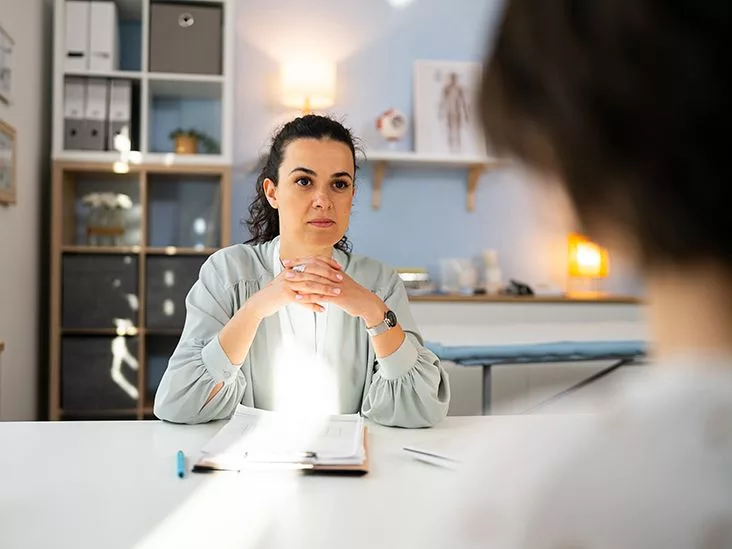
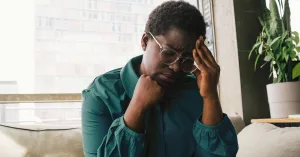


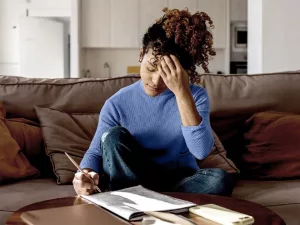

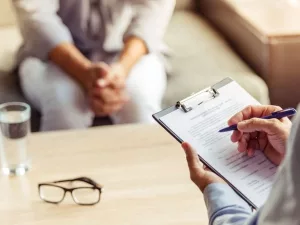






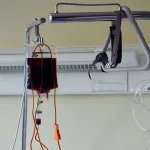










Leave a Reply
You must be logged in to post a comment.